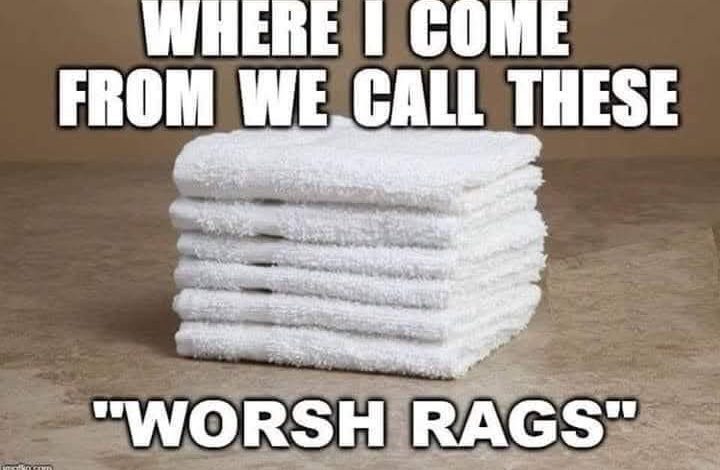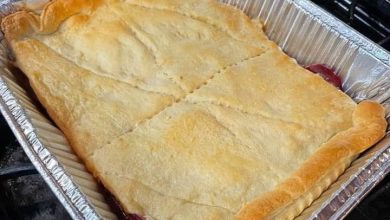“Worsh Rags” and Regional Dialects: Celebrating the Diversity of American English

ADVERTISEMENT
“Worsh Rags” and Regional Dialects: Celebrating the Diversity of American English
The phrase “worsh rags” might sound peculiar to some, but it highlights the rich diversity of regional dialects in American English. This term, commonly heard in parts of the Midwest and Appalachian regions, particularly in areas like southern Ohio, Kentucky, and western Pennsylvania, reflects the linguistic quirks that make American English so fascinating.
The “Worsh” Phenomenon
The word “worsh” is a variation of “wash” and is characteristic of certain American dialects, especially those influenced by Scots-Irish and German settlers. This pronunciation adds an “r” sound where Standard American English does not, a phenomenon known as “intrusive R.” It’s not unique to the U.S.; similar patterns can be found in other English-speaking regions like the UK.
In the context of “worsh rags,” the phrase typically refers to washcloths or small towels used for cleaning or personal hygiene. While this term may seem quaint or even amusing to outsiders, it represents a cherished part of local identity for those who grew up hearing and using it.
Why Dialects Matter
Dialects like the one that produces “worsh” are a reminder of how language evolves based on geography, history, and cultural influences. Regional speech patterns are shaped by factors like:
ADVERTISEMENT
- Migration: Settlers from different parts of Europe brought their linguistic habits, which blended with indigenous languages and other immigrant tongues.
- Isolation: Rural communities often developed distinct accents and vocabulary due to limited contact with other regions.
- Cultural Pride: Dialects can foster a sense of belonging and identity, connecting speakers to their heritage.
Celebrating Linguistic Diversity
Far from being “wrong” or “inferior,” regional dialects like the one that produced “worsh rags” are a vital part of the American linguistic tapestry. They add color, character, and history to the way we communicate. Efforts to preserve and celebrate these dialects help ensure that unique expressions and pronunciations continue to thrive in a world increasingly dominated by standardized media.
So, whether you say “washcloth,” “worsh rag,” or something entirely different, remember: your way of speaking tells a story—one of culture, history, and identity worth celebrating.
Would you like me to expand on regional language quirks or other dialectal expressions? 😊




